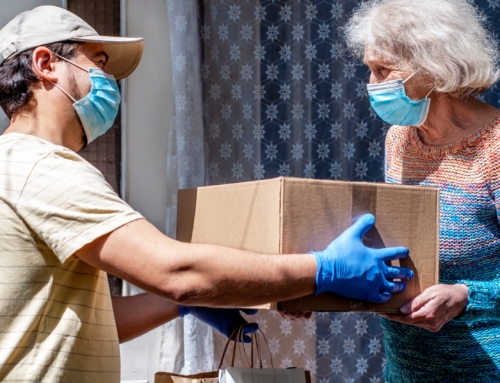There’s an interesting story brewing on posts across the country — CNN’s Anderson Cooper worked for the CIA.
Like many stories about celebrities and quasi-celebrities, there’s a grain of truth to it. As he explains on his own blog this morning, (http://www.cnn.com/CNN/Programs/anderson.cooper.360/blog/2006/09/my-summer-job-nearly-20-years-ago.html), nearly 20 years ago, Cooper spent part of two summers during college working for the CIA.
He says the part of it he saw was boring and mundane and he quickly realized that working for the CIA after college wasn’t going to be his first choice. He also says he has disclosed this information to all of his employers, who have chosen not to make it public. He also said he held a job as a waiter and decided not to pursue that as his life’s work either.
What’s interesting about this story is how odd facts blow up into much bigger stories than they deserve to be.
Is someone’s part-time college internship important 20 or 30 years later? Is the fact that I worked my way through my senior year at the University of Illinois as a third-party insurance telemarketer important now that I am a consumer finance radio talk show host and syndicated columnist?
Heck, I learned a lot from that job, including how to cold-call anyone, how to talk on my feet and shoot from the hip, and how not to take flat-out rejection personally. But I don’t think it made me particularly sympathetic to the insurance industry. And I don’t think Anderson Cooper has gone easy in his reporting on the CIA, FBI, FEMA, President Bush, or any one else in the Federal Government simply because he spent a few months working for the CIA.
Summer jobs, and even those we take in the first few years of our working lives, are fabulous teaching tools that help guide us into making smart choices for the jobs we will do for the next 40 years. And that’s all they are. (Well, they also help us pay the bills.)
Consider another story brewing in the news this morning. A pollster who has worked for President Bush and Senator Lieberman, pleaded guilty to fabricating her polls. Here’s the story on AOL.
(http://news.aol.com/elections/story/_a/pollster-pleads-guilty-to-making-up/20060907093409990001)
I get poll results quite often, and will frequently post the ones I think reveal important trends for my readers. But unless I know who conducted the poll, or the company that is sending out the information, I’m suspicious — I’m always wondering what might not have been done right.
The story about DataUSA, Inc. fabricating political polls just makes me shake my head. Real journalists don’t take facts on face value.
Published: Sep 7, 2006






Leave A Comment